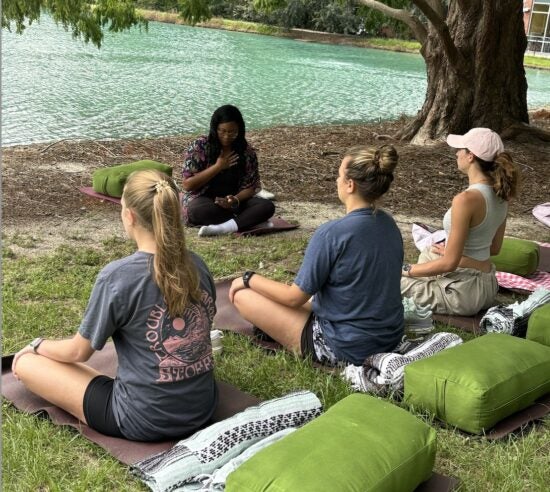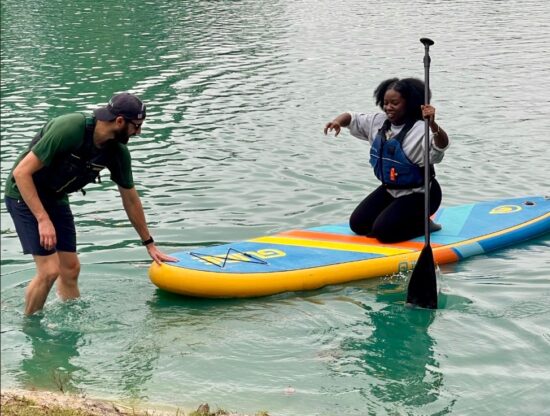All Bodies (Adapted from the Peer Body Project)
Student Wellness & Health Promotion is excited to bring a newly revised All Bodies curriculum to Georgia Southern. This is a peer-led workshop that meets for two hours for two weeks to discuss our culture of unattainable beauty ideals, how those ideals affect us, and how we can promote more realistic and healthy perspectives. This research-based and evidence-driven program has been proven to improve body satisfaction, reduce the risk for eating disorders, and improve school and social functioning.
This program is open to all Georgia Southern students. The Peer Body Project confronts the unrealistic body ideal and engages participants in development of a healthy body image through verbal, written, and behavioral exercises. We ask that you attend all sessions and participate in some basic homework exercises. This will give YOU the best results.
Disclaimer: Content of the program may be triggering. The Body Project is not treatment for persons struggling with eating disorders or disordered eating. Counseling and Psychological Services offers support to those who struggle with body image concerns, disordered eating, and/or eating disorders. Please visit the Counseling Center website to learn about available services and support.


